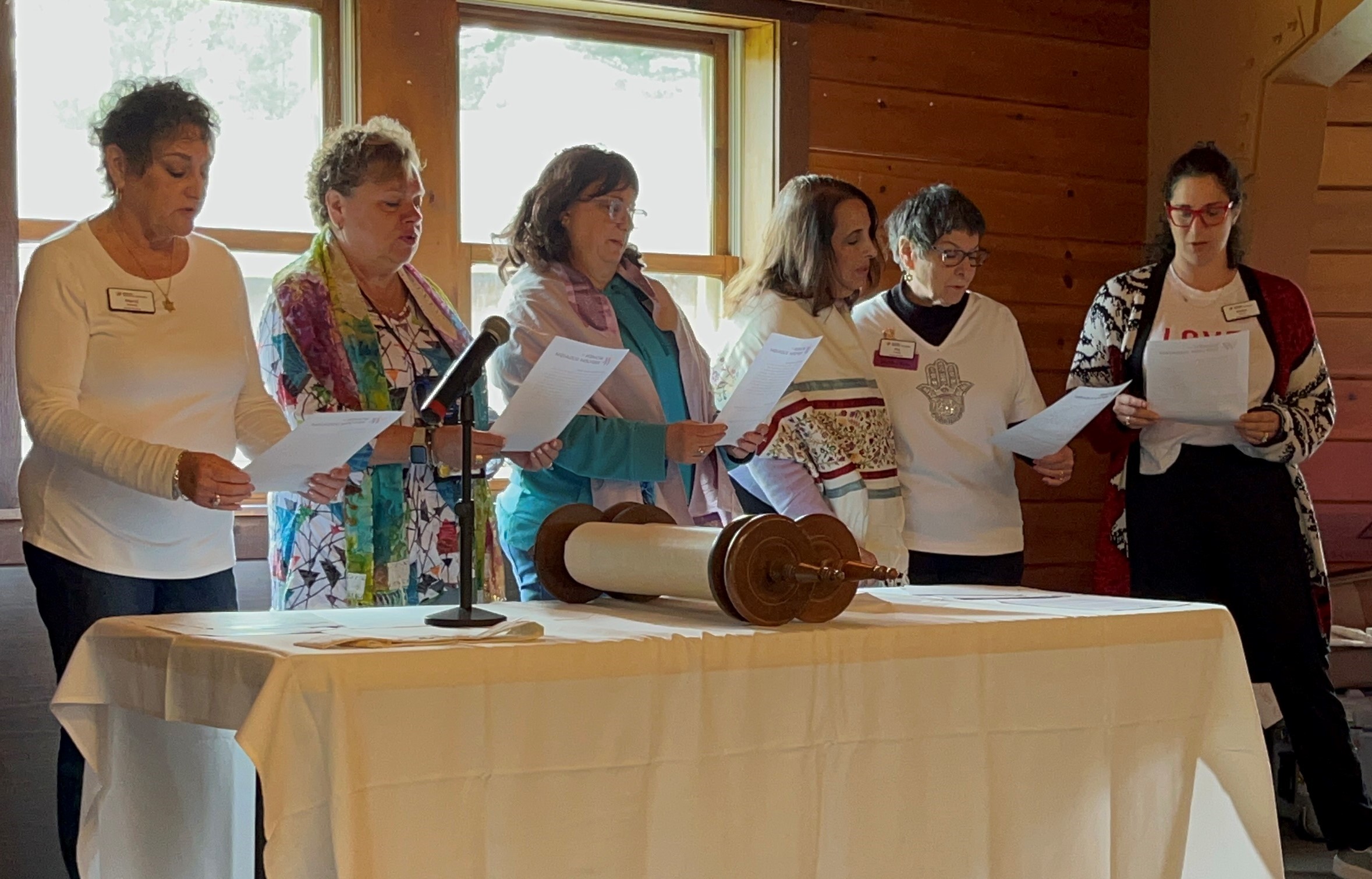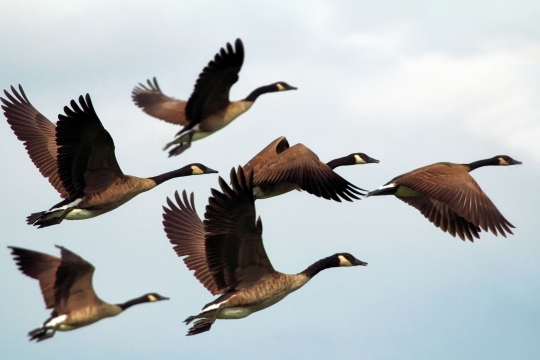
During the High Holidays, my thoughts turn to the special blessings, prayers, and melodies that shape our journey from Selichot to Rosh HaShanah to the final shofar blast on Yom Kippur.
Many of our prayers in the High Holiday liturgy are written in the plural. Sh’ma koleinu (hear our voices - hear us). We have sinned, we have transgressed. As a collective, we describe the human experience of renewal, regret, forgiveness, and festivity. We pray as one.
Yet there are many prayers that are personal, written in the singular. The Hineni prayer comes to mind, a moment of one shlichat tzibor (prayer leader) standing before God and an open ark saying, “I am here. I am here with my community, and as an individual, seeking blessing, wisdom, and openness.”
For too long, women were excluded from that collective “we” in Jewish life. Sure, we said “we,” but we really meant “we men.” Reform Judaism was established in the 19th century as an egalitarian, equal-access denomination. Yet in practice, it took many decades for women to achieve equal participation in our ritual life.
We need only to look at the customary Reform Torah reading on the first day of Rosh HaShanah to observe the absence of women from the narrative. Around the Jewish world on Rosh HaShanah, we read the dramatic scene of God’s request of Abraham to sacrifice his son, Isaac. As noted in The Torah: A Women’s Commentary, “In this episode, one of the most famous in Genesis, Sarah the mother is completely absent – a striking absence given that her only son is the subject of God’s instructions.”
Local sisterhoods and North American gatherings of NFTS, the National Federation of Temple Sisterhoods (the prior name of WRJ), were an avenue for participation and leadership in Jewish prayer and ritual for women when they were not afforded equal opportunities to be a part of that collective “we” in their congregations and in the Reform Movement at large for many decades.
Now, much of that has changed. It has been over 50 years since the first woman rabbi was ordained, and Reform Jewish women are decidedly a part of that collective “we” - as leaders, activists, and in our prayers.
Still, I think of Hannah, whose story many of us read as the haftarah selection on the first day of Rosh HaShanah. Hannah’s story provides a powerful counterpoint to Abraham’s near sacrifice of Isaac.
Hannah stands alone, praying as an individual, silently wishing for a child. Many people have said such a prayer through different stages of hope and pain and joy. She stands alone. As a woman, her prayers are degraded, deemed “less than,” by Eli the priest, who mistakes her kavannah, her deep, focused, prayerful intention for inebriation. Then, and sometimes still, women are maligned or misunderstood when they pray and speak from the heart, when they stand alone.
Sometimes, we honor individuals, women in our communities, by inviting them to stand alone. We recognize them and single them out in the best of ways.
At a Reform congregation I served as rabbi for several years, a longstanding member, a mother in the community, a matriarch, and of course, a long-time WRJ sisterhood member, was always bestowed the honor of lighting the festival candles on Rosh HaShanah evening. For my first few High Holy Days with the synagogue, she fulfilled this honor with joy and ease.
Then, one summer, she made an appointment to come and see me. “Rabbi,” she said, looking down at her feet, “I don’t think I can accept my honor this year. I don’t feel confident in standing up there alone. My balance isn’t what it used to be. And I worry I might lose my place in my book. My eyes aren’t as strong as they once were.”
I smiled at her. “What if we invited someone to share the honor with you?”
Her eyes lit up, and she sat up, relieved. We both knew the exact right person to invite - one of our newer members, who had recently joined the sisterhood.
That year, those two women shared that honor. “May we welcome this new year with light,” they said, standing together. One generation passing on and sharing the honor with the next generation, L’dor vador.
Because the story of the High Holidays is a story of each of us as individuals standing before God and the story of us standing together, it is an excellent time to remember the importance of listening to those who have historically been marginalized. As we weave together the tapestry of our community into a collective we, we must acknowledge that each person is vital to our entire community. Let’s lift each other up l’dor vador - from generation to generation - and may we all be blessed in the year to come.
Adapted from remarks from WRJ Pacific District’s “With One Voice” celebration.
Related Posts

Cultivating a Culture of Accountability and Belonging

My Journey from Altar-Girl to Cantorial Soloist


.jpg)